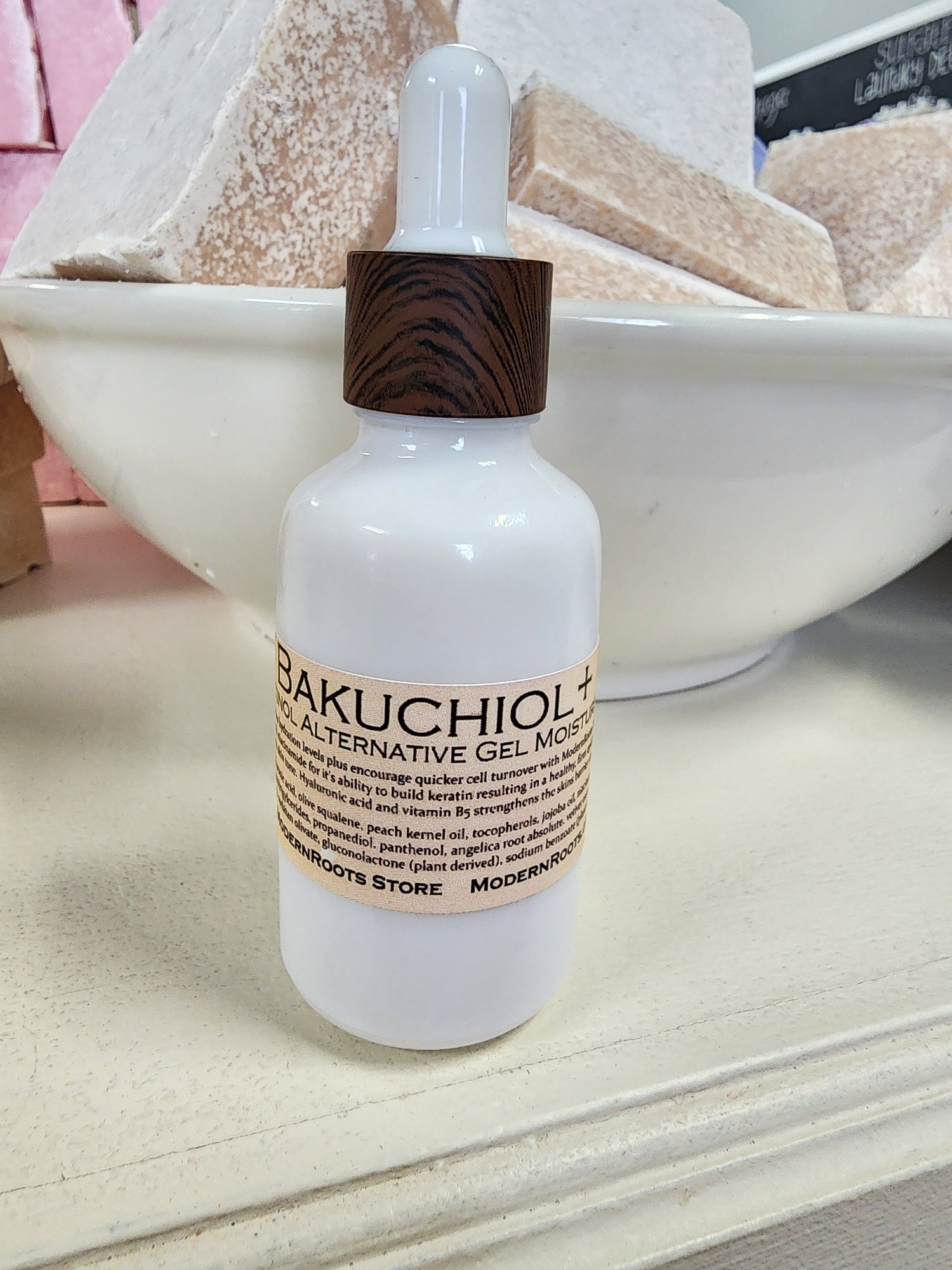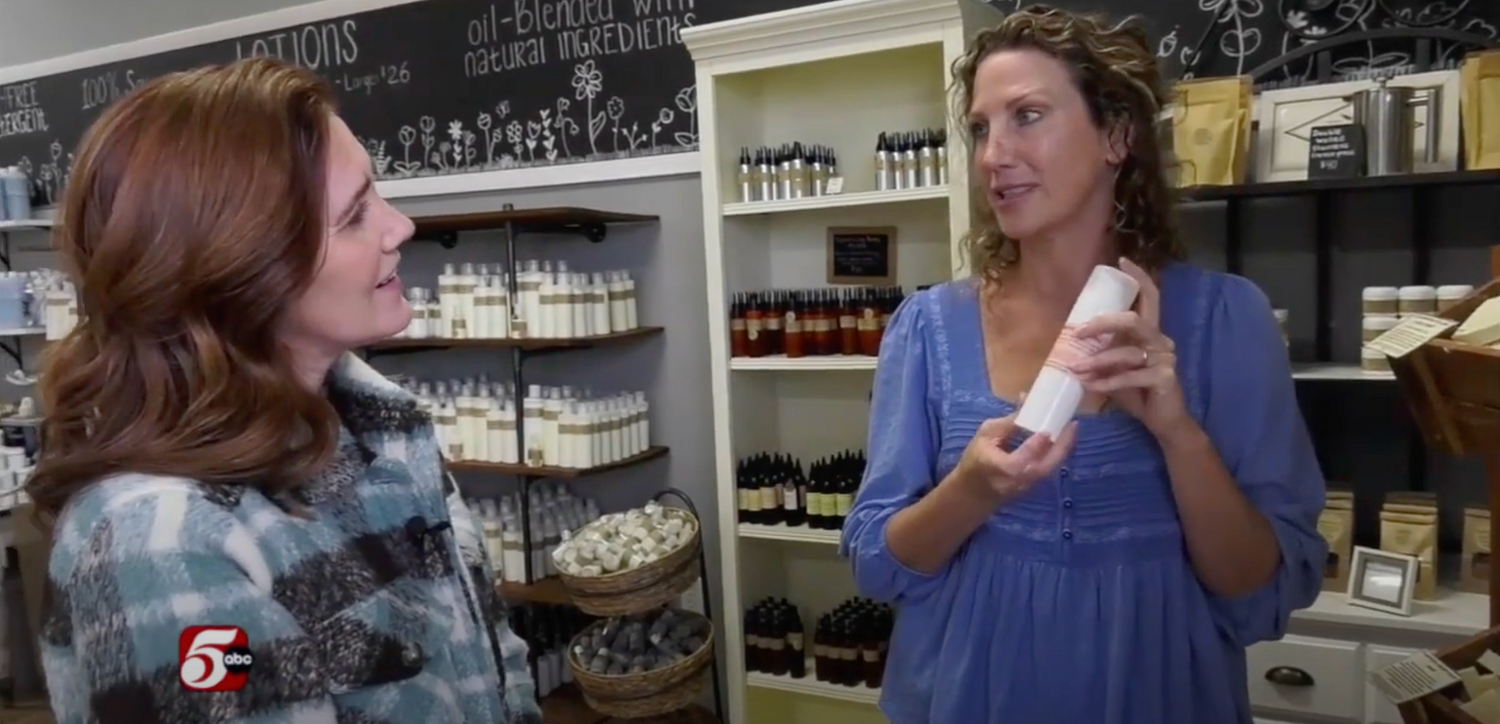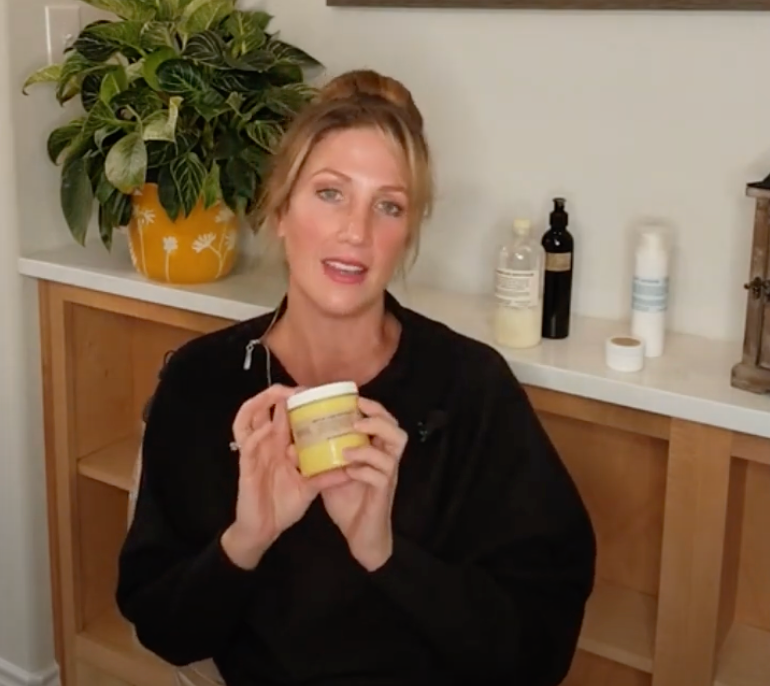
Best Oils For ConsumptionOlive Oil
Come on, who doesn't know that olive oil is great for you? But who knows why?? Polyphenols are present in olive oil from harvest until about 1 year old. After that the health benefits associated with olive oil dimish almost completely. You get olive oil from pressing the olive seeds. Most olive oil sell by dates are 2 years from pressing the seeds and in the US most olive oils that are on the shelf are already over the 1 year mark.
It doesn't mean that the olive oil isn't still good for you but the health claims that it decreases heart disease risk factors by lowering blood pressure and cholesterol, reducing blood clotting and improving the health of artery linings has a direct link to the polyphenols in the olive oil. Polyphenols also reduce cancer risk by lowering inflammation and cellular proliferation.
They act as antioxidants, reducing oxidation and cell damage, which leads to many degenerative diseases. Yay! They even reduce microbial activity and infections.
There's regular olive oil and extra virgin olive oil. There is actually four types, but these two are most readily available. Regular olive oil is a blend of refined pomace oil and virgin olive oil. Pomace is produced by processing the leftovers of the virgin olive oil extraction. The blend (which usually contains as little as 5 to 10 percent virgin olive oil) is cheaper to produce. It doesn’t have as strong a flavor and is best for frying or high temps.
I use this in my natural soap and body products because it has a high heat temp, but it's also equally good in baking or cooking in which your pan will reach medium to high temps. Extra virgin olive oil, which has a low heat temp and more distinct flavor, is more suitable for salad dressings, light sauteing, drizzled over bruschetta or fresh breads. Look for cold pressed because a heated press takes some of the health qualities out if it.
Coconut Oil
Fantastic for high heat because over 90% of the fatty acids in it are saturated, which makes it very resistant to high temps. Stores easily as a semi soft solid allowing it to keep for months without going bad. Coconut oil also has wonderful health benefits. It is particularly rich in a fatty acid called Lauric Acid, which can improve cholesterol and help kill bacteria and other pathogens.
What a work horse! This is the fatty acid breakdown: Saturated: 92% Monounsaturated: 6% Polyunsaturated: 1.6%. It is important to note that saturated fats used to be considered unhealthy, but new studies prove that they are totally harmless. Saturated fats are a safe source of energy for humans. The fats in coconut oil can also boost metabolism slightly and increase feelings of fullness compared to other fats.
Butter
Grass fed butter is epic, no? yea I don't know about using the word epic either. Not really sure I'm as cool as the teeny boppers out there but it's true- butter is truly amazing. It contains more Vitamin K2, CLA and other nutrients than store bought GMO grain fed butter. All unaltered butter contains Vitamins A, E and K2. It is also rich in the fatty acids Conjugated Linoleic Acid (CLA) and Butyrate, both of which have powerful health benefits.
CLA may lower body fat percentage in humans and butyrate can fight inflammation, improve gastrointestinal health and has been shown to make rats resistant to becoming obese. Fatty acid breakdown: Saturated: 68% Monounsaturated: 28% Polyunsaturated: 4%.
So skip the margarine, smart balance and other human made fats and stick with the real deal...butter. Butter is best used for baking with or spreading, but not high temps unless you make Ghee or Clarified butter which takes out the proteins. The proteins are what burn when sauteing causing a burnt bitter taste.
Animal Fats Lard & Tallow
Remember when Crisco and Shortening were/are such a hit? The manufacturers attacked natural animal fats for being 'bad' for you. On the contrary, animal fats are recognized by the body as natural and are therefore processed by our bodies differently than man made GMO oils.
You can buy lard from the butcher or buy it rendered from the grocery store. I like to render my own animals fats from my own animals because I know how they were fed (NON-GMO) - If you'd like to render your own fats checkout my recipe/instructions by clicking here.
Palm Oil
Palm oil is derived from the fruit of palms. It's great for cooking because it consists mostly of saturated and monounsaturated fats, with small amounts of polyunsaturates. I get my palm oil unrefined, in fact I try to get all my oils unrefined. Why? Because the process in which refining takes place can remove the natural Vitamin E qualities, Coenzymes, and other nutrients while adding unnecessary trace chemicals.
Avocado oil
The breakdown of avocado oil is similar to olive oil. It is primarily monounsaturated, with some saturated and polyunsaturated fats. This oil is best suited for the same things you would cook or make dressings with like Extra Virgin Olive Oil. It's more delicate in flavor and does not have a high heat temp. I use this in my body care as well as it has great softening and moisturizing qualities.
Peanut Oil
Most people think peanuts are an actual nut but they are in fact a legume. Peanut oil is great to use as long as you pick a brand that the ingredients include, ahem, Peanut Oil and that's it. It contains Omega 6 linoleic acid which helps to lower LDL or "bad cholesterol" and increases HDL or "good cholesterol" in the blood.
It also has a great shelf life, so stock up and save!
What Oils Are Worst For Consumption?
I call it the naughty liar list because the companies that market these oils to consumers are straight up liars. They know consumers are not stupid and have to play the game of trickery to get them to buy these 'oh, so healthy- man made- oils.'
Canola
Yes, Canola. Capitalized you see because It actually comes from Canada (location where it was created) and Oil. Canadian Oil. The manufacturers will have you believing it's great for you, but it is a horrible oil for consumption. Canola is made from the rapeseed which is a great insect repellent. I mean, I guess I wouldn't want to name it Rape Oil either but making up a name to represent something else really is not, well honest.
Do a quick search on how Canola oil is refined-with chemicals, Hexane, bleach etc- and it will be enough to make you never buy it again.
Vegetable Oil or Soy Oil
Just look at the contents of "All Natural Vegetable Oil" the next time you are at the grocery store. It is 100% soy oil. Yes, the same soy that is raised by mono-crop farmers **most typically seed that is genetically modified from companies such as Monsanto. Yum. :/
When people ask me how I eat, or if I'm gluten free or vegetarian etc. My answer is simple, I try my best for me and my family to eat 'closest to nature' or things that have not been altered. Things you would find naturally without human input or modifying chemically.
Hybrids are very different than genetically modified. If you ask yourself, could this have naturally happened in nature? And the answer is yes, generally speaking, then I believe it has a natural viability and health that is good for us. If we all tried to eat more like this, or supported people that did these things by purchasing from them, think of the health of not only our country...the world and our environment! We think we are so smart but in fact, mother nature will outsmart our every move




